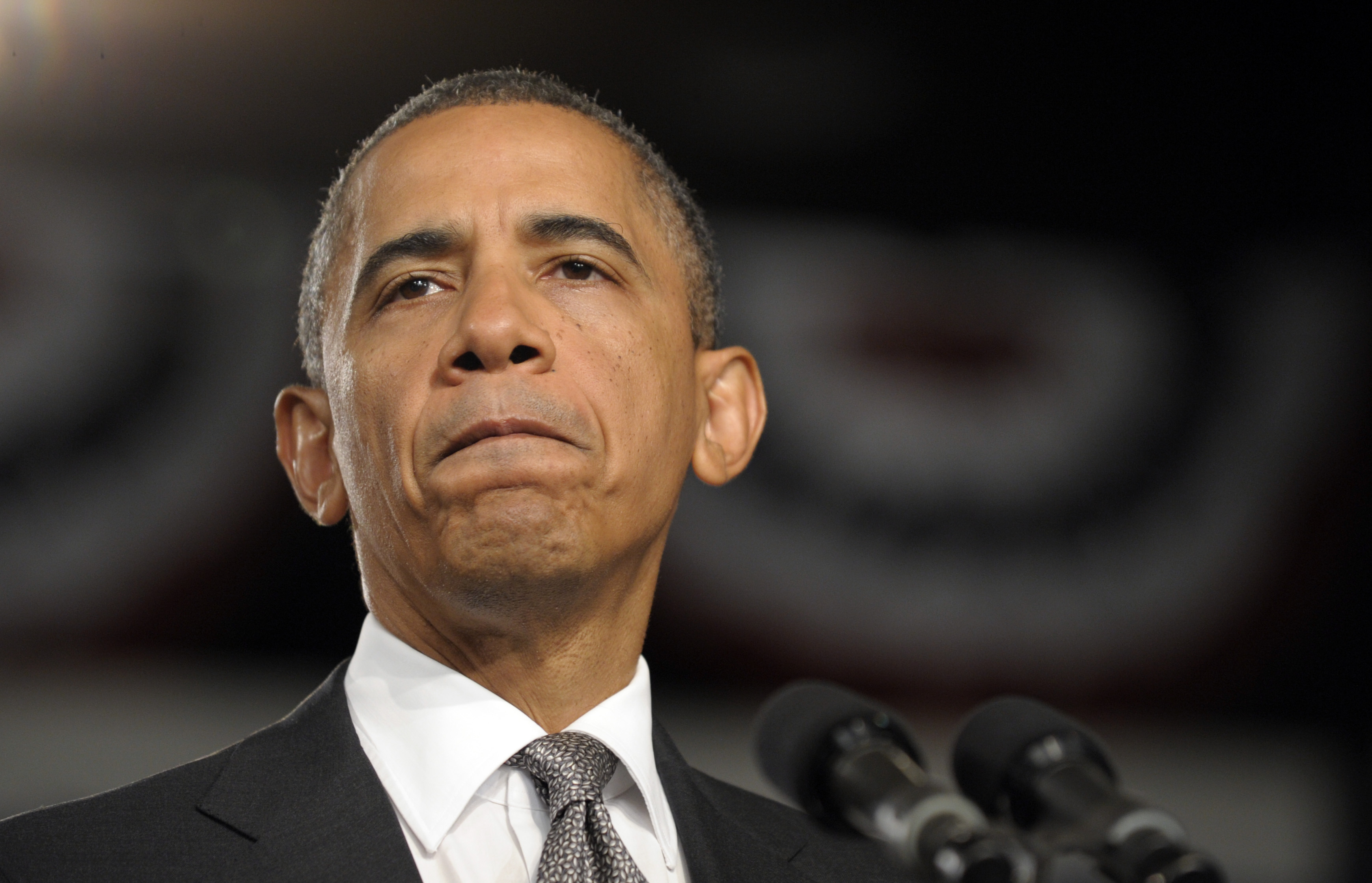Oh no, no way. Nine out of 10 physicians right now recommended that their family not become physicians. It used to be families would all be in medicine; not anymore.
Schoeling, who graduated in 1986 from the well-regarded University of Kansas School of Medicine, said the effects of Obamacare, if it were to be fully implemented, would be far-reaching and detrimental:
We will lose a lot of the patient/physician relationship, in that instead of me recommending to the patient what kind of screening test or things like that, it’ll be much more of a cookbook kind of thing.
That fundamentally isn’t the expensive thing, but that’s been the thing that most physicians treasure, most patients treasure – that ability to have that open communication and that control over your patients’ health care.
Many critics of the legislation say millions of people will move from private insurance – already expensive for doctors to manage – into the Medicare and Medicaid systems. It’s a move which will put a strain on doctors, who already struggle to break even on the Medicare and Medicaid patients they have.
Schoeling said he expects a rise in Medicare and Medicaid patients if Obamacare is fully implemented, and while he currently continues to see the Medicare and Medicaid patients he has, he’s not accepting new ones:
If we’re (lucky Medicaid is) 20 to 30 cents on the dollar from what we get from insurance rates. Obamacare cuts $716 billion from Medicare. The way that’s implemented is it will be a 27.1 percent cut in reimbursement in Medicare and Medicaid patients to private physicians and hospitals. Medicare is about 35 percent of my total practice and it affects internists even more because it’s almost 70 percent of their total practice.
